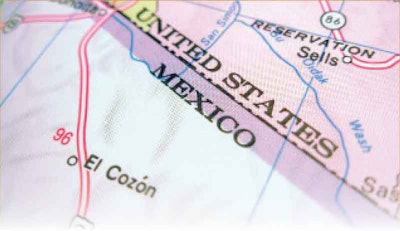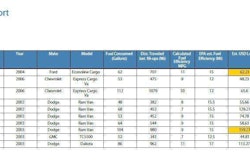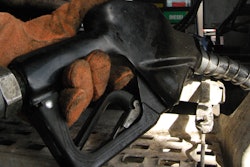
Both OOIDA and the Teamster’s Union, who had joined OOIDA in one of the suits, requested a rehearing in their consolidated case after a court ruled April 19 to allow the program to continue.
OOIDA’s suit had challenged the legitimacy of a Mexican CDL, but Judge Brett Kavanaugh, speaking on behalf of the majority of the three-judge panel, said Congress had decided that Mexican CDLs would be treated as equivalent to a state-issued CDL in the U.S.
OOIDA had also argued that Mexico’s drug testing and vision tests were inadequate and that not enough carriers were participating in the program to accurately gauge if Mexican carriers would operate safely beyond the commercial border zone. The panel rejected these arguments, too.
The second case brought by OOIDA was related to FMCSA’s National Registry of Certified Medical Examiners. OOOIDA argued May 6 in court that Mexican drivers did not have to receive medical clearance from a doctor on the registry and therefore were held to lower standards than U.S. drivers.
The court ruled against OOIDA there, too.
The judge writing the dissenting opinion on the case, Senior Judge David Sentelle, wrote that the 2011 agreement between Mexico and the U.S. is not consistent with the 2005 registry requirement and that the court “depart[ed] from the precedents of the Supreme Court and this circuit” and the court’s opinion “is not founded in the Constitution.”










